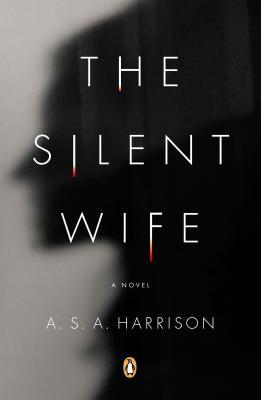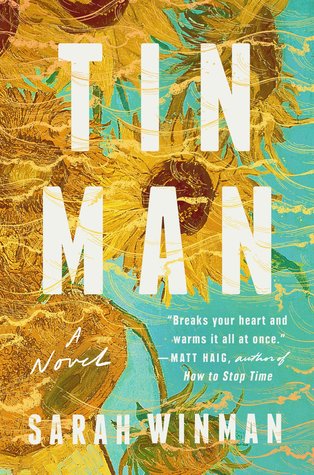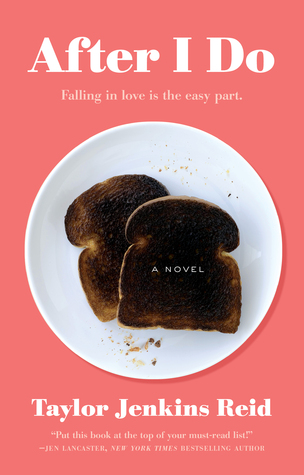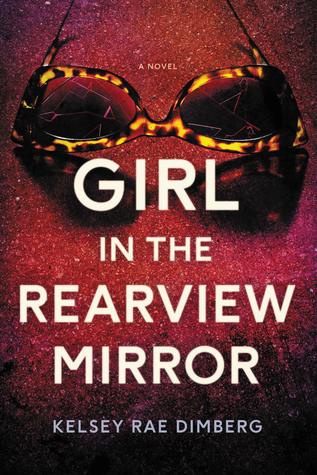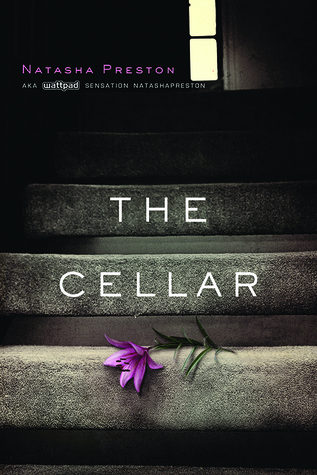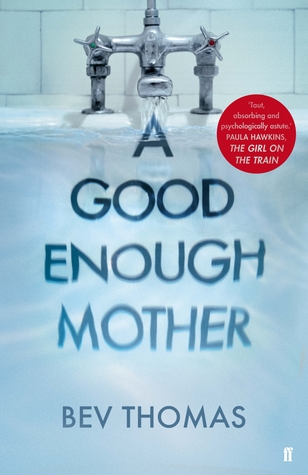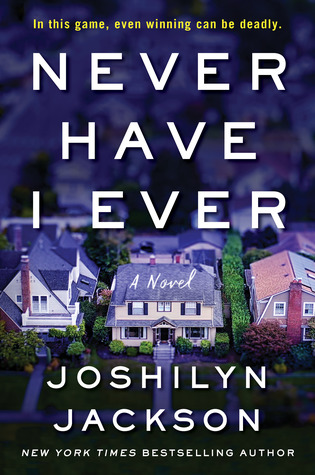“The Silent Wife”
Written by A.S.A. Harrison
Review written by Diana Iozzia
“The Silent Wife” was utterly disappointing. We
begin this tale, knowing off the bat that the main character, Jodi, has a hand in
her husband’s death. Then, we begin to read what happened prior to his death,
that led her into wanting her husband dead. What a tiresome rabbit hole to go down.
Pitched as better than “Gone Girl”, I don’t think
this could come close. Any book compared to “Gone Girl” will possibly pale in
comparison. Well, figure this. Any popular thriller that has ever been written
that stands the test of time or was a landmark in its genre will always have
books compared to it. In this circumstance, the wife and husband despise each
other. He’s cheating. She’s upset. How many more thrillers like this do we
need? This book barely offered anything new to the table, except perhaps the
method of death and the conclusion.
This felt like a drama, more than a domestic
thriller. There was hardly any action that led to violence or blood spilled. I
felt that marking this as a psychological thriller is hard to do, because it
just felt like a marriage on the rocks. Yes, Todd is despicable. He was a terrible
husband and a terrible husband-to-be for the woman he left his wife for. This
book reminded me a lot of the BBC drama, “Dr. Foster”, if any of you are familiar.
I felt just disappointed, more than anything.
I felt the author had a great writing style. I am
also falling out of love with first person narrators in thrillers, because they
are always unreliable. I liked that we had an omniscient narrator inside both
Todd’s and Jodi’s heads separately, rather than hearing them and wanting to
shut up the peanut gallery. I also liked the dialogue, the descriptions of
location, setting, and the eventual conclusion. It felt refreshing.
In conclusion, I felt that as much as I had wanted
to be blown away by this book, I just wasn’t. Perhaps we need to stop comparing
books to the landmarks in their genre. Does every book about a creepy man in
his forties need to be compared to “Psycho”? Does every mad scientist need to
relate to Dr. Frankenstein or Dr. Henry Jekyll? I think in comparing books to
landmarks, we set up the book to disengage viewers. If we long for a book to be
so similar to something else, it may never turn out that way.
